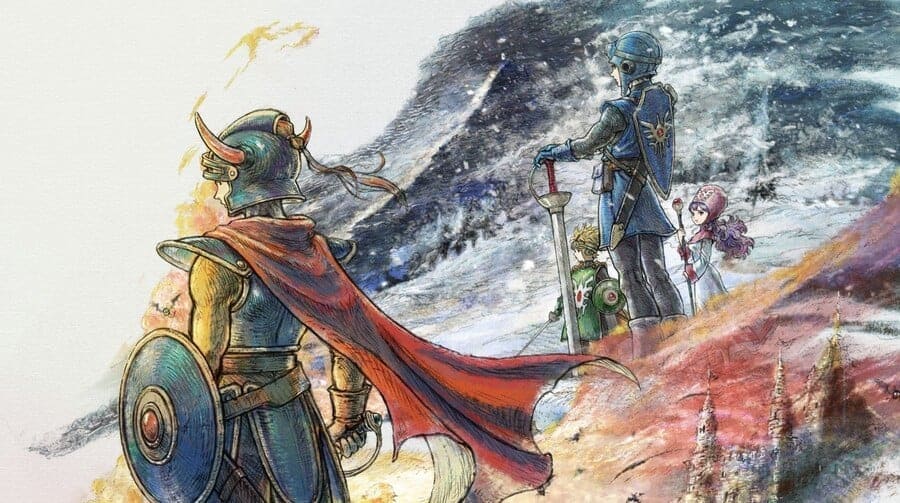
© Dragon Quest I & II HD-2D Remake key art
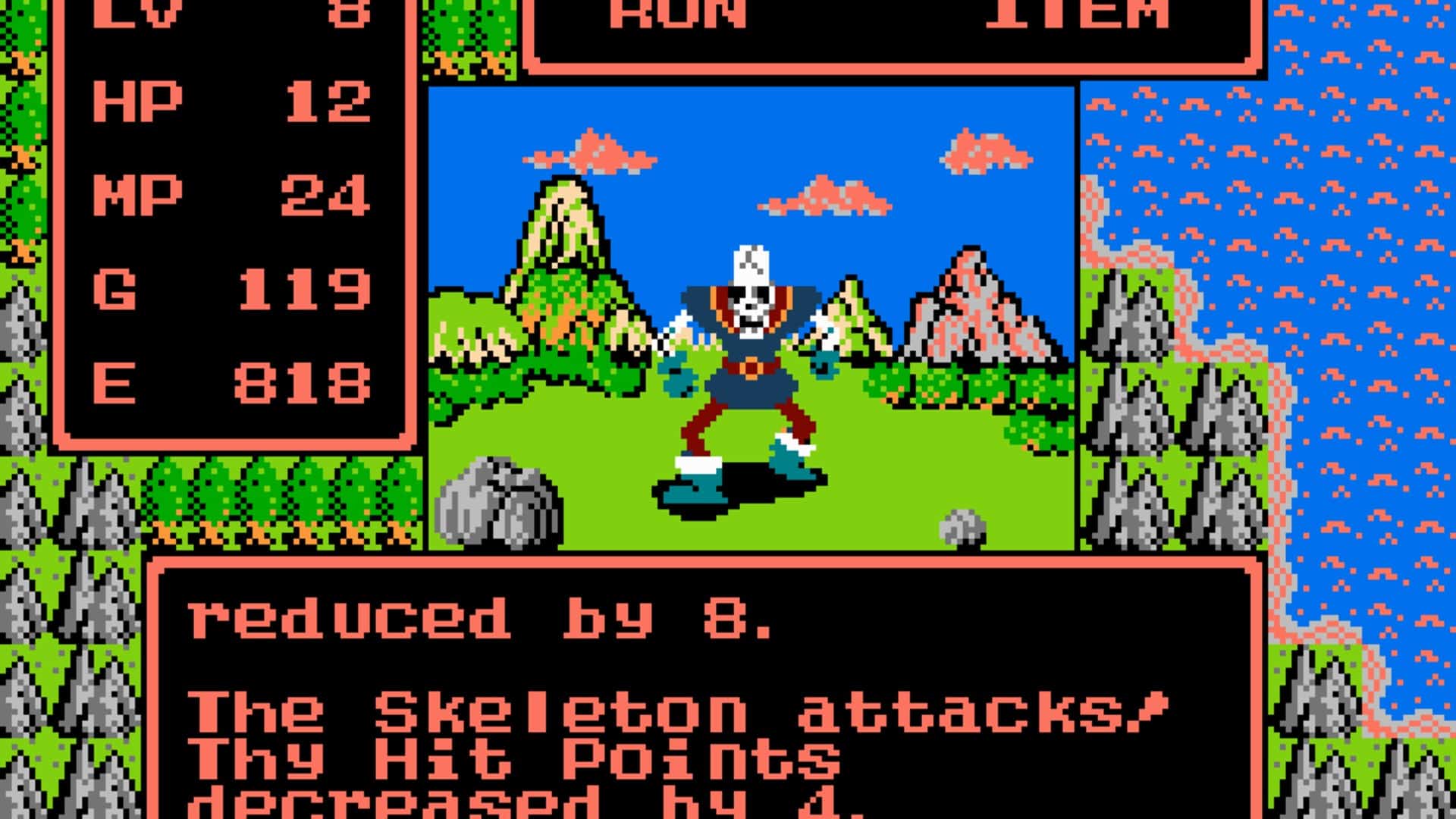
© Dragon Quest gameplay screenshot
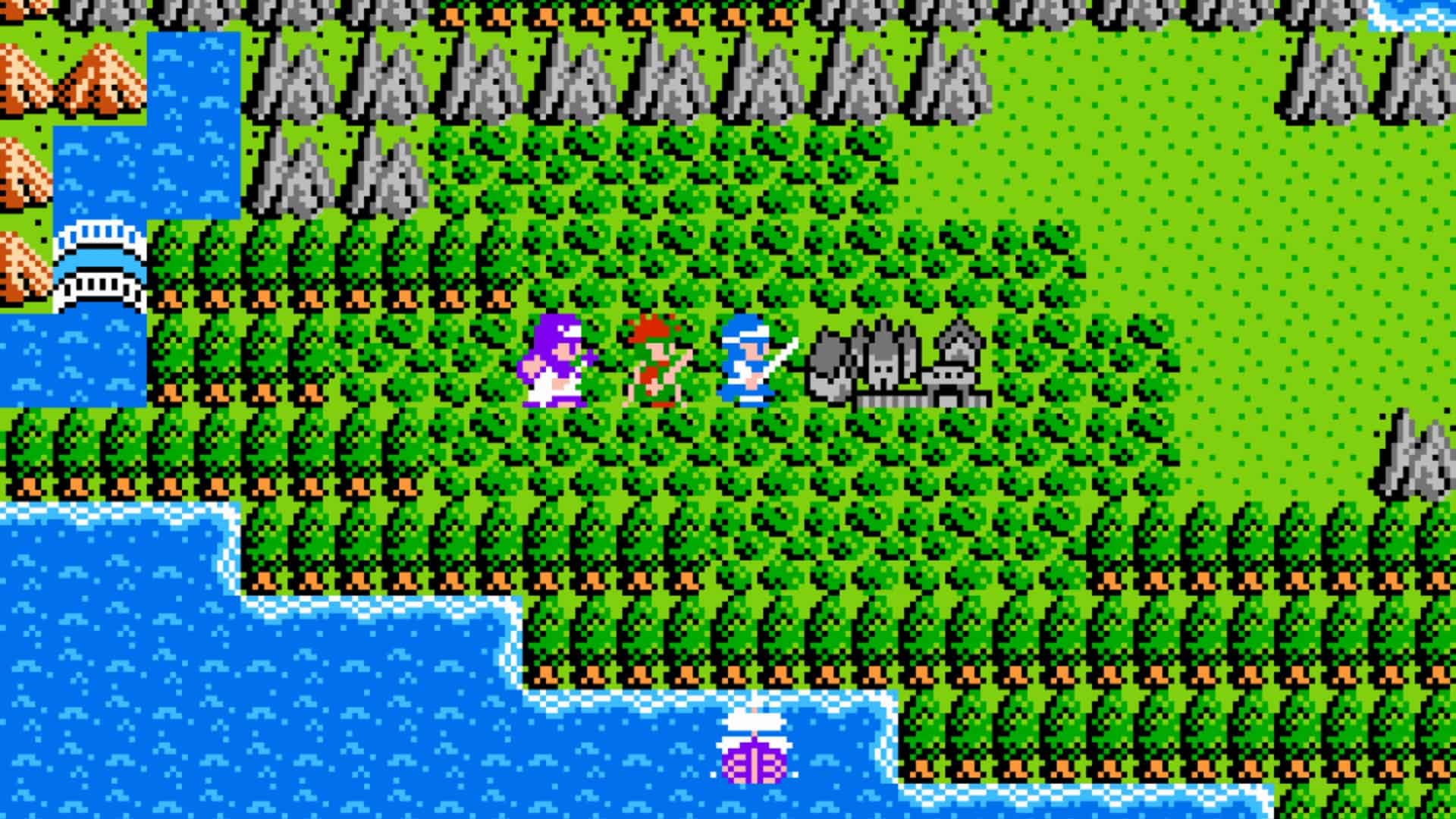
© Dragon Quest II gameplay screenshot
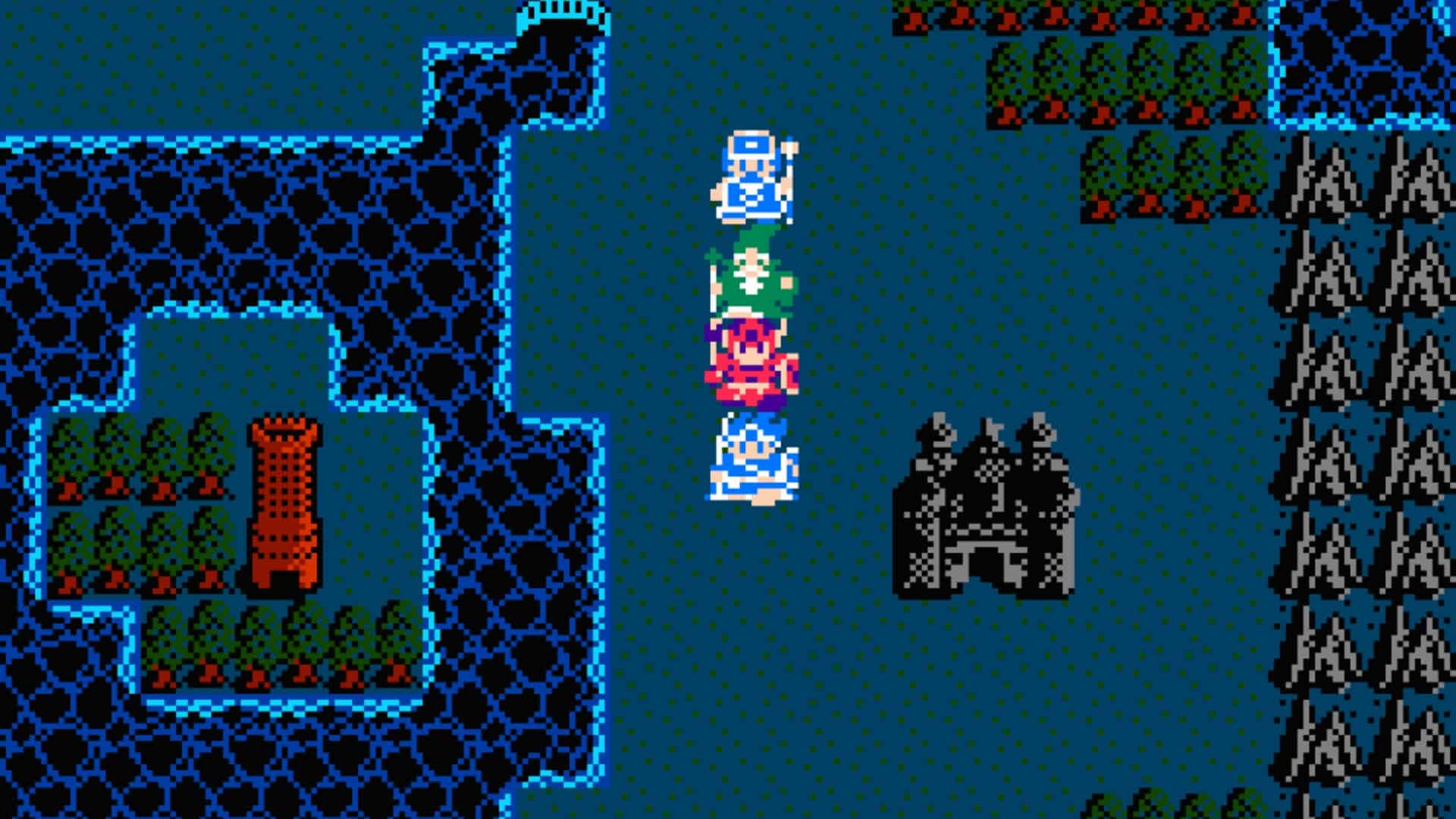
© Dragon Quest III gameplay screenshot
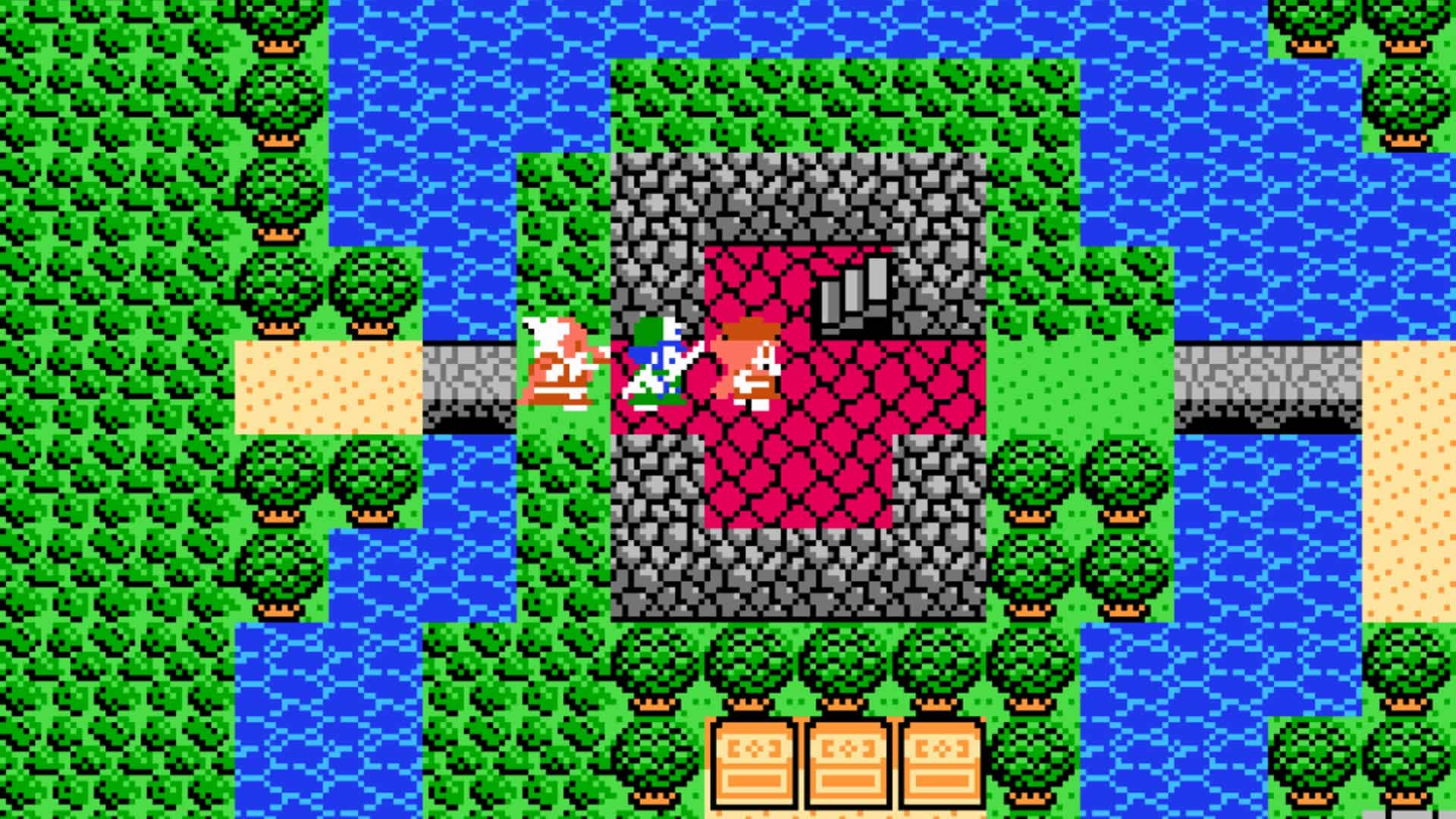
© Dragon Quest IV gameplay screenshot
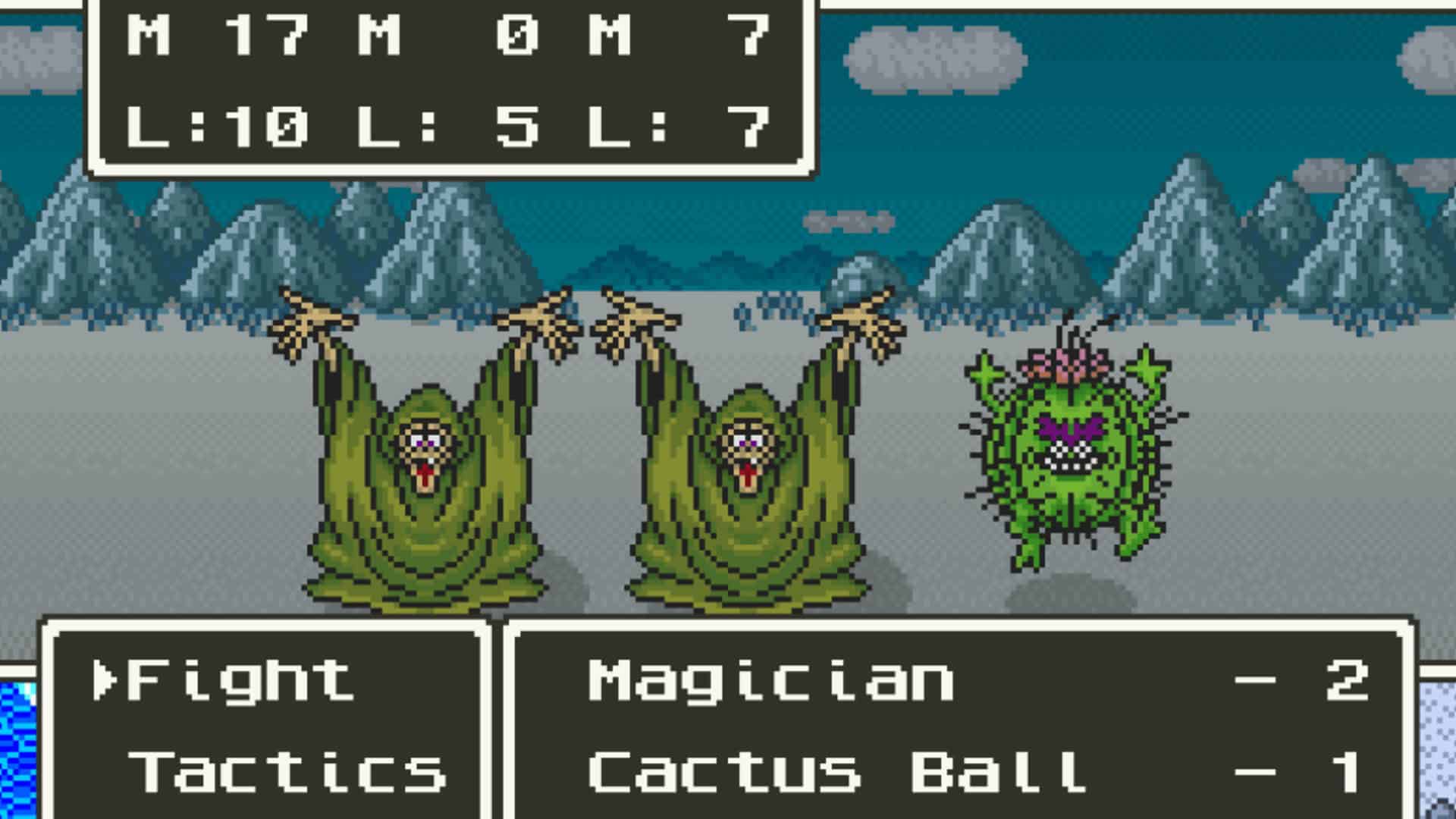
© Dragon Quest V gameplay screenshot
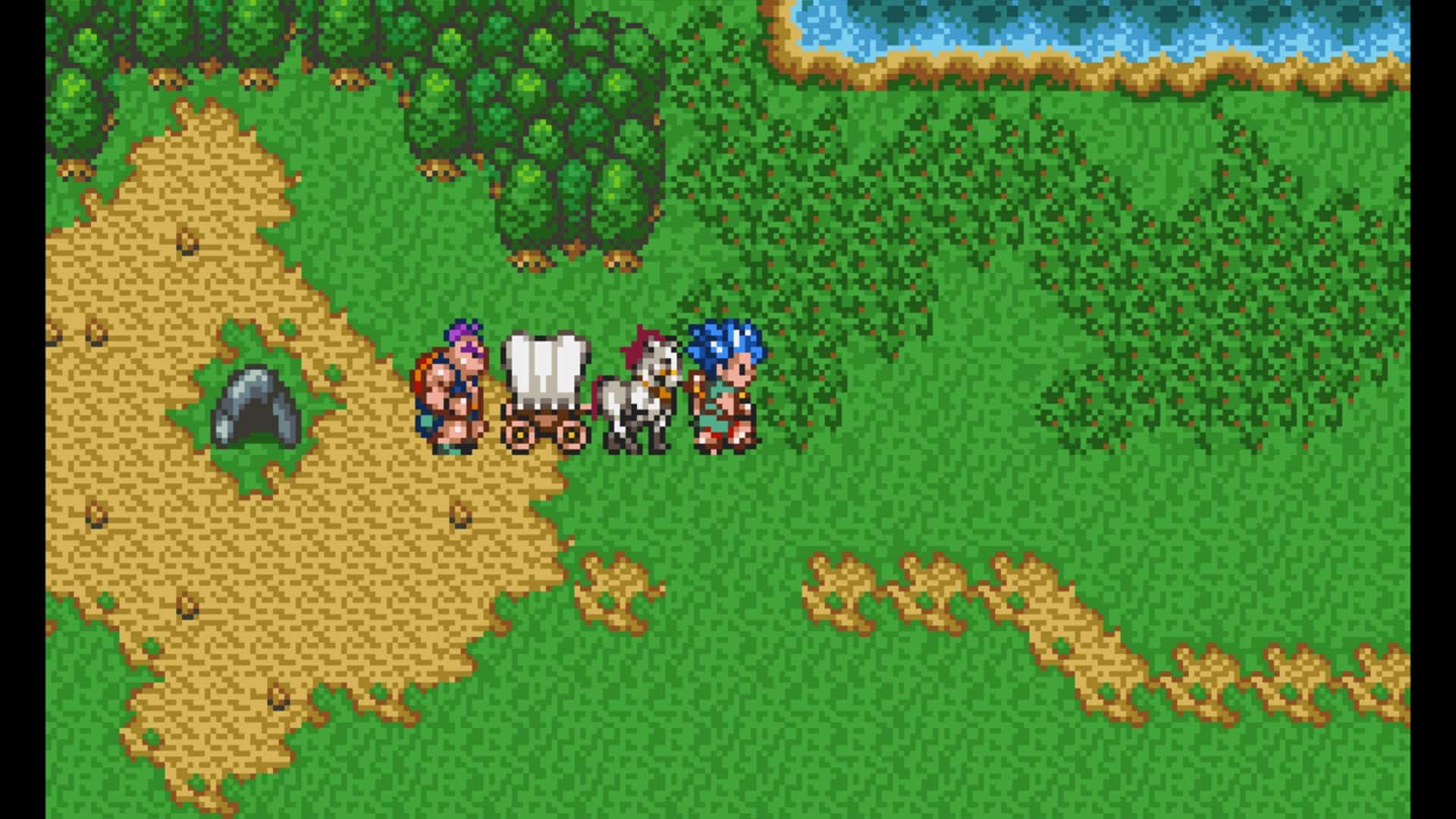
© Dragon Quest VI gameplay screenshot

© Dragon Quest VII gameplay screenshot

© Dragon Quest VIII gameplay screenshot
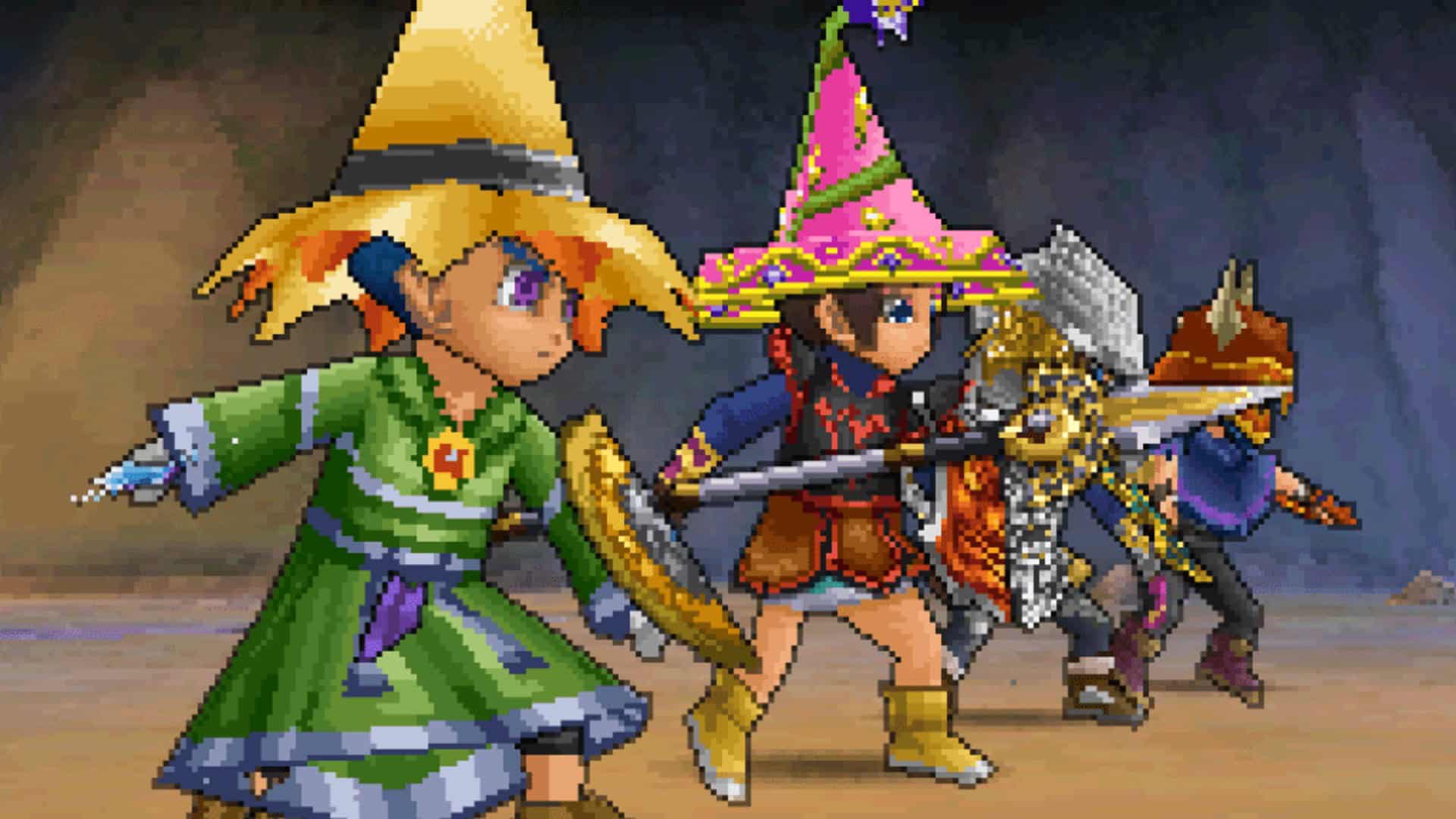
© Dragon Quest IX gameplay screenshot

© Dragon Quest X gameplay screenshot

© Dragon Quest XI gameplay screenshot
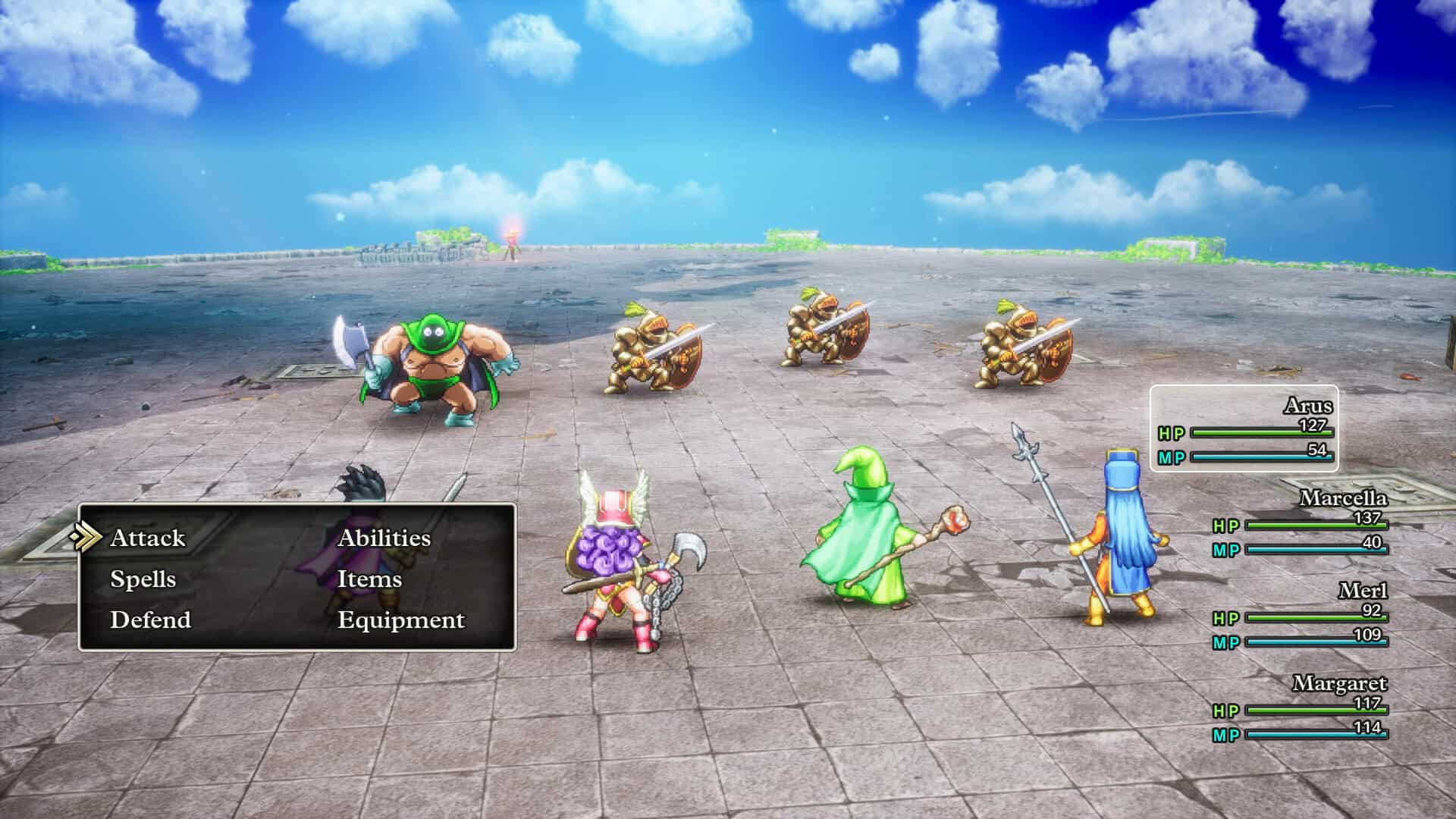
© Dragon Quest III HD-2D Remake gameplay screenshot
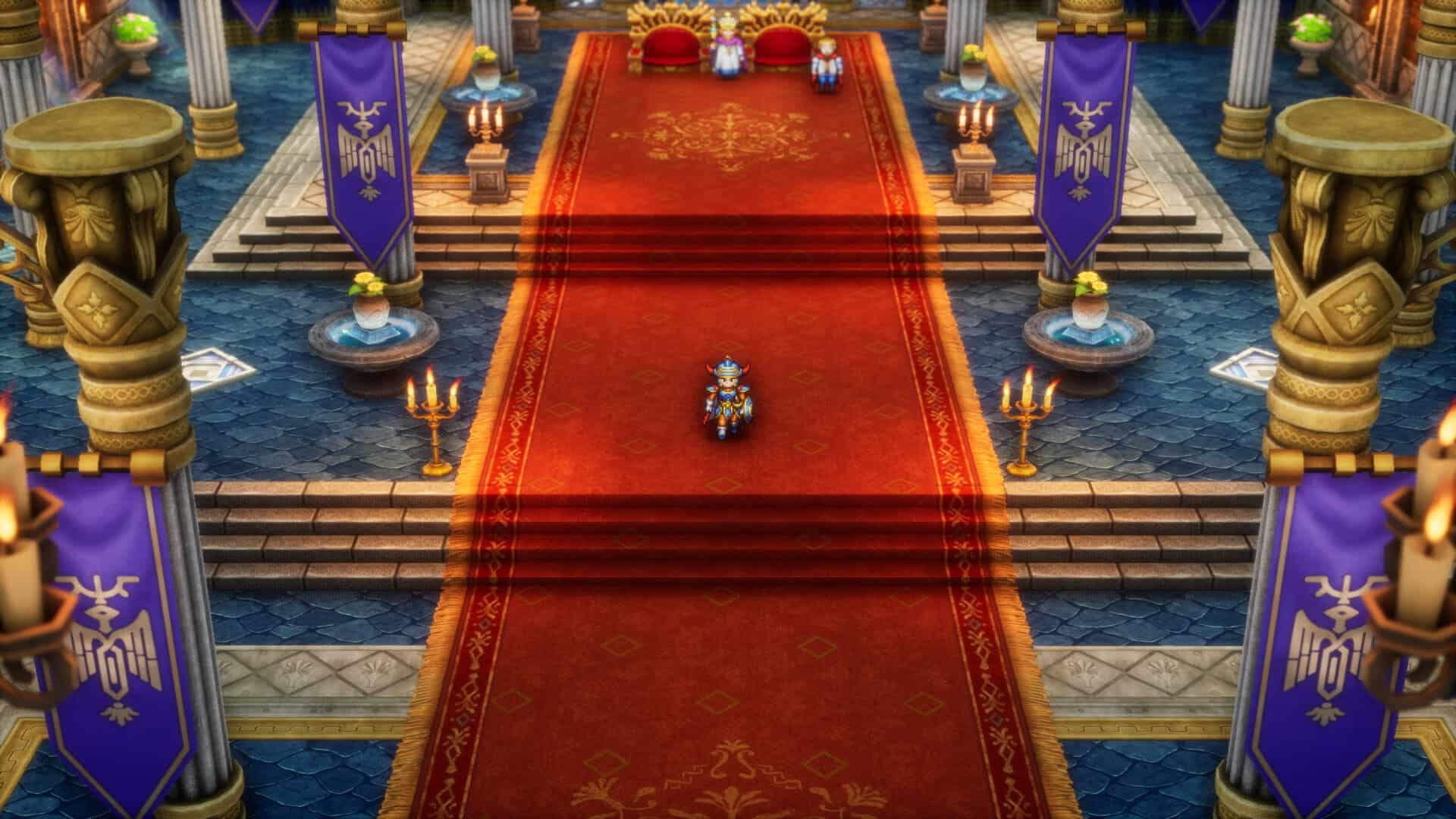
© Dragon Quest I & II HD-2D Remake gameplay screenshot
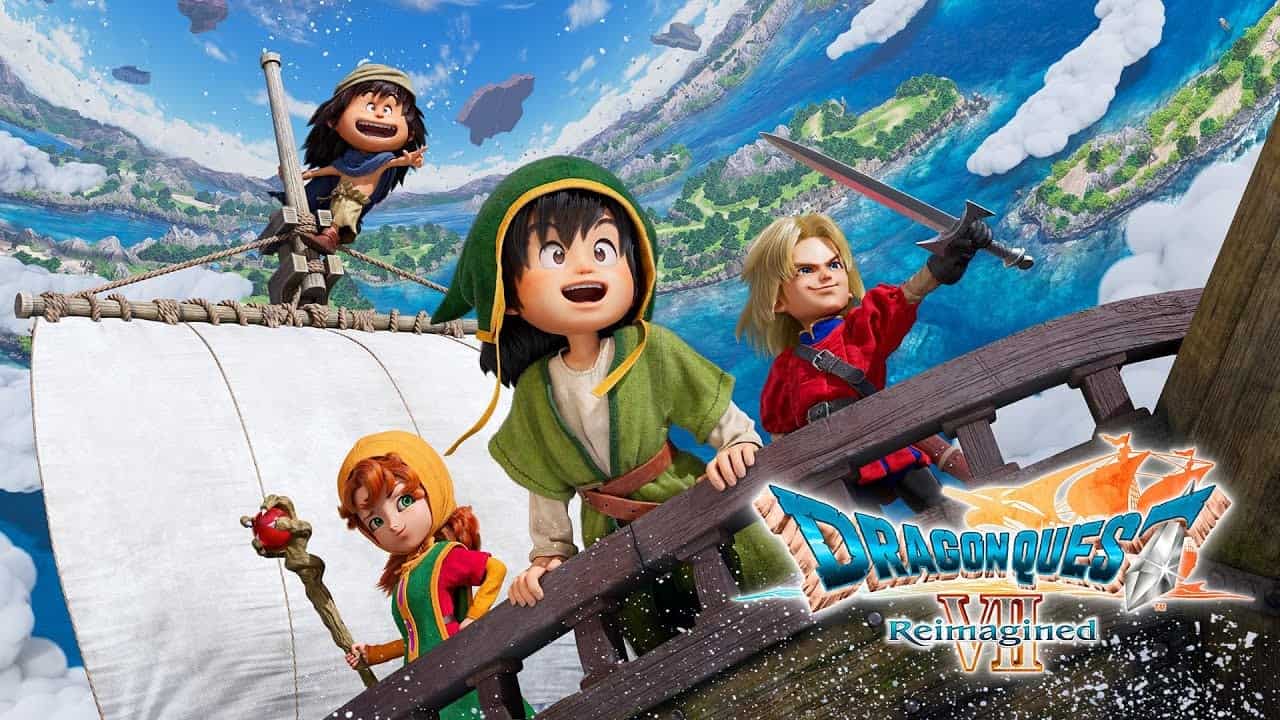
© Dragon Quest VII Reimagined gameplay screenshot
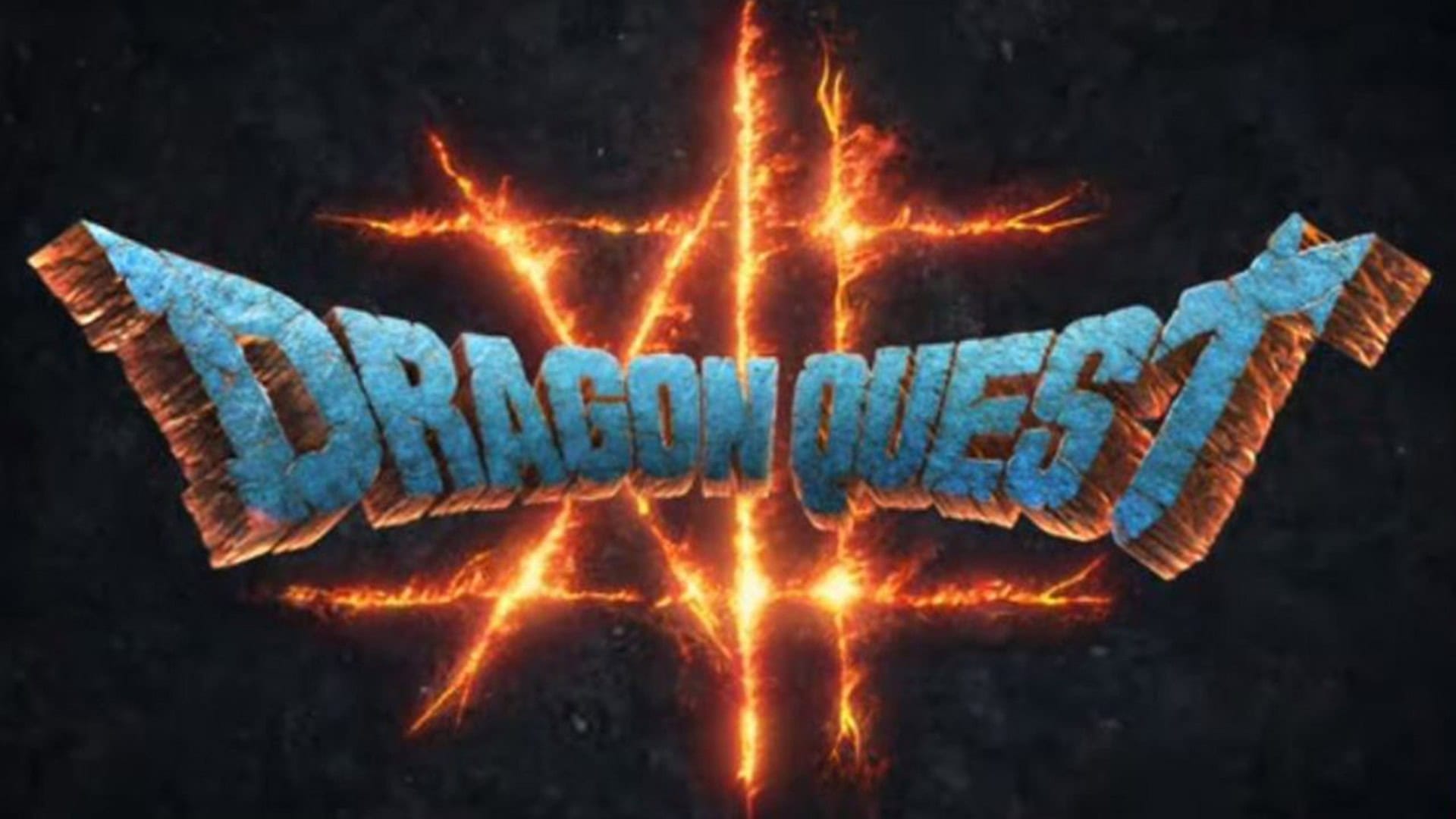
© Dragon Quest XII key art
Every Game in the Dragon Quest Series
Nearly 40 years ago, the Dragon Quest series made its debut on the Famicom, changing role-playing games forever in the process. Widely considered the first example of what would come to be known as the JRPG (Japanese-developed role-playing games), Yuji Horii’s Dragon Quest was one of several iconic and landmark releases for the Famicom during 1986 (alongside none other than The Legend of Zelda), and its success would serve as a direct inspiration for the creation of the JRPG genre’s other biggest franchise: Final Fantasy. But while Final Fantasy has always been a series to push the envelope, Dragon Quest takes a different position, adhering to the traditions and routines of the series’ past and treating each new entry like a true “comfort food” experience that players can reliably depend upon.
With this week’s release of the Dragon Quest I & II HD-2D Remake, it seemed like an appropriate time to go back and look at the history of the franchise. Instead of covering every single game under the Dragon Quest umbrella (of which there are dozens), we’ll be focusing on the mainline entries and their many remakes. While the series’ popularity in the West has always paled in comparison to its near-ubiquitous place in Japanese gaming culture, Dragon Quest finds itself in a favorable position these days, especially as more players have access to the franchise’s first three entries courtesy of their most recent HD-2D remakes, each of which are as or more excellent than their original Famicom/NES versions.
Dragon Quest
- Release Date — May 27, 1986
- Developer — Chunsoft
- Publisher — Enix, Nintendo
- Review Aggregate Score — 82% (Generally Favorable)
- Platforms — 3DS, Android, iOS, Game Boy Color, MSX, MSX 2, NES/Famicom, PC-9801, Super Famicom, Wii
While going back and playing the original Famicom version of Dragon Quest today might make it seem a little primitive in comparison to more modern RPGs, it’s impossible to overstate how impressive it was at the time of its release, even going so far as to rival the most complex role-playing games available on the era’s home computers. The success of that original Famicom version resulted in the title getting several ports to different contemporary platforms (including several Japanese home computers), and an eventual release in the West as Dragon Warrior, where the title’s success in Japan prompted Nintendo to publish the game as a first-party title, even going so far as to give copies away with a subscription to Nintendo Power.
Dragon Quest II: Luminaries of the Legendary Line
- Release Date — January 26, 1987
- Developer — Chunsoft
- Publisher — Enix
- Review Aggregate Score — 82% (Generally Favorable)
- Platforms — 3DS, Android, iOS, Game Boy Color, MSX, MSX 2, NES/Famicom, Super Famicom, Wii
As much as the Dragon Quest series rightly gets identified as a franchise that adheres to tradition, it’s worth pointing out that most of the RPG genre’s biggest innovations came from its earlier entries. Case in point, Dragon Quest II. Released just a few months ahead of Final Fantasy, Dragon Quest II is the first RPG on the Famicom to allow for a multi-character party, moving on from the lone hero of the first game to include a new protagonist and his two allies. Each of these three characters has a prescribed role, or “Class”, that sees them specialize in different areas in combat. Today, it’s something that we just take for granted as an element of role-playing games, but back in 1987, it was a revolutionary leap forward.
Dragon Quest III: The Seeds of Salvation
- Release Date — February 10, 1988
- Developer — Chunsoft, Heartbeat, Tose, Matrix Software
- Publisher — Enix, Square Enix
- Review Aggregate Score — 88% (Generally Favorable)
- Platforms — 3DS, Android, iOS, Game Boy Color, NES/Famicom, Super Famicom, Wii
Unlike the Final Fantasy series, which takes an anthological approach to its storytelling by introducing a new world and characters in each entry, Dragon Quest features different sagas of games that are part of interconnected trilogies. But while Dragon Quest II is a direct sequel to the first game, picking up a few generations after its events, Dragon Quest III flips the script as a prequel to the entire Erdrick trilogy, letting players control the hero Erdrick and their allies as they set the events in motion that lead to the first two Dragon Quest games. It’s a brilliant twist that underscores it as one of the series’ best games, which is only further exemplified by its refined RPG gameplay and introduction of a class-switching “Job” system — something that would become a staple in many RPGs moving forward.
Dragon Quest IV: Chapters of the Chosen
- Release Date — February 11, 1990
- Developer — Chunsoft, Heartbeat, ArtePiazza
- Publisher — Enix, Square Enix
- Review Aggregate Score — 86% (Generally Favorable)
- Platforms — Android, iOS, Nintendo DS, NES/Famicom, PlayStation
For the kick-off of a new trilogy of Dragon Quest games, and the series’ final entry on the Famicom/NES, Dragon Quest IV takes a novel approach of breaking up each segment of the game into distinct chapters where players get to control a unique hero. After completing each of these separate chapters, the final chapter of Dragon Quest IV sees all the heroes come together to form a party, finally able to take on the game’s antagonist. Outside this unique approach to the game’s setup and storytelling, though, Dragon Quest IV is mostly just a refined version of the gameplay players had come to know in the first three entries, with the one major exception being one of the RPG genre’s earliest examples of auto-battling with the “Tactics” system.
Dragon Quest V: Hand of the Heavenly Bride
- Release Date — September 27, 1992
- Developer — Chunsoft, ArtePiazza, Matrix Software
- Publisher — Enix, Square Enix
- Review Aggregate Score — 84% (Generally Favorable)
- Platforms — Android, iOS, Nintendo DS, PlayStation 2, Super Famicom
The middling sales of the Dragon Quest series in the West (then published under the name Dragon Warrior) led to Enix making the decision to have Dragon Quest IV be the last game in the series to receive a localization, opting to pool their resources into making the series’ debut on the Super Famicom a major leap forward for the franchise. Sure enough, Dragon Quest V is one of the most ambitious games in the series, following a hero from childhood to adulthood and even letting them choose a spouse and sire children. Perhaps more influential, though, is Dragon Quest V‘s monster-collecting and taming component, borrowed from the Shin Megami Tensei series and streamlined in a way that would clearly go on to inspire Pokémon.
Dragon Quest VI: Realms of Revelation
- Release Date — December 9, 1995
- Developer — Heartbeat
- Publisher — Enix, Square Enix
- Review Aggregate Score — 78% (Generally Favorable)
- Platforms — Android, iOS, Nintendo DS, Super Famicom
As the final game in the series’ Zenithian trilogy and the last game in the franchise to release for the Super Famicom, Dragon Quest VI is truly the end of an era. But while its visuals and audio are vastly improved over Dragon Quest V, its gameplay is arguably a bit of a step backward, choosing to play it safe and rely on the series’ past successes rather than push the envelope with any new innovations or additions. At least the Job system from Dragon Quest III makes a return. Even though Dragon Quest VI has one of the series’ lowest critical receptions, the game sold over a million copies in its first week, and that’s with the Super Famicom cartridge costing nearly 12,000 Yen (almost $130 at the time).
Dragon Quest VII: Fragments of the Forgotten Past
- Release Date — August 26, 2000
- Developer — Heartbeat, ArtePiazza
- Publisher — Square Enix
- Review Aggregate Score — 81% (Generally Favorable)
- Platforms — 3DS, Android, iOS, PlayStation
For the Dragon Quest series’ arrival on 5th-generation hardware and 3D debut, Enix and developer Heartbeat took their time to craft what would end up being one of the most ambitious games in both the franchise and the RPG genre. Dragon Quest VII is a sprawling adventure that ranks among the longest role-playing games ever made, with just the main quest taking upwards of 120 hours without engaging in any side content. To its credit, though, that length is more of a benefit than anything else, with both Dragon Quest VII‘s story and gameplay ranking as some of the best in the series and marking a fitting return to form for the series. Notably, Dragon Quest VII would also mark the series’ return to the West, getting a localization in 2001 and helping to rebuild the series’ reputation in North America.
Dragon Quest VIII: Journey of the Cursed King
- Release Date — November 27, 2004
- Developer — Square Enix, Level-5
- Publisher — Square Enix, Nintendo
- Review Aggregate Score — 89% (Generally Favorable)
- Platforms — 3DS, Android, iOS, PlayStation 2
Among RPG fans and the Dragon Quest-faithful, Dragon Quest VIII is widely regarded as one of the best (if not the best) games in the series, and for good reason. From both a gameplay and storytelling perspective, Dragon Quest VIII is a pure nostalgia-filled joyride that calls to mind the earlier games in the series while using what were, at the time, cutting-edge visuals, striking a clear delineation between itself and the more experimental Final Fantasy games of the era. It’s still unmistakably Dragon Quest, but it’s such a near-perfect execution of that classic formula that it instantly elevates itself to being one of the best RPGs on the PS2. We’re getting a remake of Dragon Quest VII next year, and if there’s any justice in the world, Dragon Quest VIII will be next on the docket.
Dragon Quest IX: Sentinels of the Starry Skies
- Release Date — July 11, 2009
- Developer — Square Enix, Level-5
- Publisher — Square Enix, Nintendo
- Review Aggregate Score — 87% (Generally Favorable)
- Platforms — Nintendo DS
As the series’ only DS-exclusive entry, Dragon Quest IX is an interesting outlier in the franchise. But as far as its gameplay goes, Dragon Quest IX is yet another classic entry in the series that hits all the highs of the best games in the Dragon Quest lineage. Interestingly enough, this entry in the franchise is one of the first to pull inspiration from the Western RPGs of the era, like The Elder Scrolls and Diablo, allowing players to create a custom character and direct their growth, and even introducing a multiplayer component that allowed players to trade items or even share party members.
Dragon Quest X: Rise of the Five Tribes Online
- Release Date — August 12, 2012
- Developer — Square Enix
- Publisher — Square Enix
- Review Aggregate Score — N/A
- Platforms — 3DS, Android, iOS, PC, PlayStation 4, Nintendo Switch, Wii, Wii U
The multiplayer focus of Dragon Quest IX naturally helped pave the way for the series’ first and only foray into MMORPG territory with Dragon Quest X, and it would prove to be so successful that the game eventually received ports to plenty of other platforms following its original release on the Wii. Unfortunately, the game would never make its way out of Japan, with Western players eager to experience the new entry being forced to import copies of Dragon Quest X Offline once they became available for the PlayStation 4 (which isn’t region-locked). The Dragon Quest series appears to be sticking to traditional single-player adventures from here on out, but Dragon Quest X is a great example of how the franchise can experiment and still be successful.
Dragon Quest XI: Echoes of an Elusive Age
- Release Date — July 19, 2017
- Developer — Square Enix, ArtePiazza
- Publisher — Square Enix
- Review Aggregate Score — 91% (Universal Acclaim)
- Platforms — 3DS, PC, PlayStation 4, Nintendo Switch, Xbox One
Like Dragon Quest VIII before it, Dragon Quest XI is about as close to a “perfect” Dragon Quest game as you can get, honing the series’ tried-and-true mechanics into a charming RPG adventure that only gets better the further along you get. Dragon Quest XI‘s story initially seems like it’s a standalone tale that sticks to classic RPG storytelling archetypes, but it eventually opens up at the halfway point to go to some interesting places, and closes with some shocking revelations that potentially connect it to the Erdrick trilogy that began the franchise. Backing up its narrative is some of the series’ best turn-based combat and adventuring, including a stunning open world map.
Dragon Quest III HD-2D Remake
- Release Date — November 14, 2024
- Developer — Square Enix, Artdink
- Publisher — Square Enix
- Review Aggregate Score — 84% (Generally Favorable)
- Platforms — PC, PlayStation 5, Nintendo Switch, Xbox Series X/S
The HD-2D art style popularized by Octopath Traveler immediately stood out as a perfect template to use for remaking classic RPGs from the 8 and 16-bit eras, prompting Square Enix and Octopath Traveler developer Artdink to partner up on a remake of the Dragon Quest series’ most successful entry: Dragon Quest III. Dragon Quest III HD-2D Remake is a faithful reimagining of the classic game that retains all of its gameplay but gives it some impressive visuals and a handful of welcome quality-of-life features. Ultimately, though, it’s still an old-school JRPG through and through, and it’s all the better for it.
Dragon Quest I & II HD-2D Remake
- Release Date — October 30, 2025
- Developer — Square Enix, Artdink
- Publisher — Square Enix
- Review Aggregate Score — 84% (Generally Favorable)
- Platforms — PC, PlayStation 5, Nintendo Switch, Switch 2, Xbox Series X/S
Before Dragon Quest III HD-2D Remake was even released, Square Enix announced that the first two games in the series would be getting the same treatment, packaging together Dragon Quest and Dragon Quest II‘s remakes under one disc (which makes sense, given how much shorter they both are than the games that would follow). Dragon Quest I & II HD-2D Remake just released this week and is already shaping up to be just as essential for old-school JRPG fans as the remake of Dragon Quest III. That we can go back and replay these games with updated visuals but still use our old guides or trusty walkthroughs is about all we could ever ask for.
Dragon Quest VII Reimagined
- Release Date — February 5, 2026
- Developer — Square Enix, Hexadrive
- Publisher — Square Enix
- Review Aggregate Score — N/A
- Platforms — PC, PlayStation 5, Nintendo Switch, Switch 2, Xbox Series X/S
One of the more exciting announcements from the onslaught of this year’s summer gaming showcases was the reveal that Square Enix is currently working on a remake of Dragon Quest VII. Better yet, it already has a release date of February 5 next year, meaning we won’t need to wait long at all to go hands-on with it. Dragon Quest VII went criminally underplayed by Western audiences at the time of its release and isn’t exactly the easiest game to track down and play, which makes it prime fodder for a remake.
Dragon Quest XII
- Release Date — TBA
- Developer — Square Enix
- Publisher — Square Enix
- Review Aggregate Score — N/A
- Platforms — TBA
The rush of remakes of classic entries in the Dragon Quest series is great, but fans still have one large, looming question: where is Dragon Quest XII? Since the title was confirmed and its official subtitle was revealed, Square Enix has been mysteriously quiet on the subject of Dragon Quest XII‘s development, prompting plenty of speculation as to when players can expect to get more info on the game and even raising concerns of it being stalled or delayed. Hopefully, Square Enix will see fit to reveal some more info on the next mainline entry in the series after the launch of Dragon Quest VII Reimagined.
The image featured at the top of this post is ©Dragon Quest I & II HD-2D Remake key art / Original
